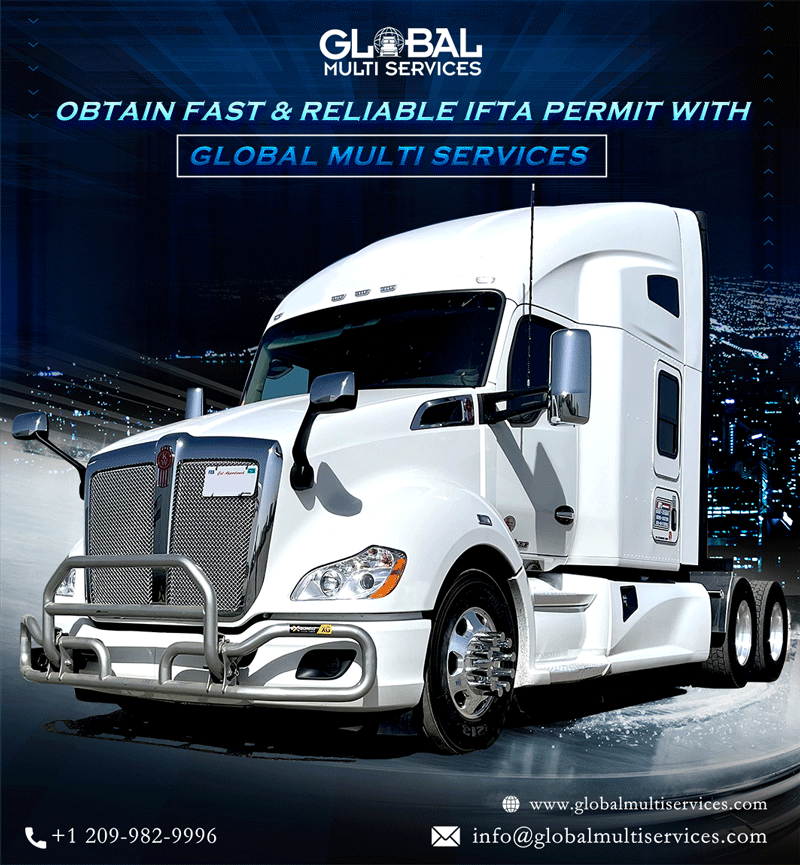IFTA FUEL TAX RETURN: CHALLENGES FACED BY TRUCKING COMPANIES
October 28, 2021 0IFTA DecalIFTA Fuel Tax ReturnsIFTA PermitIFTA Program
The trucking industry is one of the biggest industries in the United States, and it is composed of small and medium-sized businesses. It is also highly regulated, and motor carriers need to file IFTA Fuel Tax Return if they operate across more than one jurisdiction.
Transportation plays a vital role in trade facilitation and has become a key element in the success of the business operation. But its volatile customer demands and complex business models make it difficult to streamline its management. According to one logistics study, cutting transportation costs top the list of challenges faced by trucking companies. Others include technological advancements and innovation without exceeding their budget.
Reports have shown that the trucking industry generated more than 60% of the nation’s entire freight bill. However, while trucking companies move billions of dollars of goods across the country each year, they face myriad challenges that can prevent their companies from meeting their full potential. Read on as Global Multi Services takes us through the challenges faced by trucking companies.
DAMAGED INFRASTRUCTURE
It is not news that the roads and bridges in the United States need improvement. Crumbling bridges, roads, and tunnels in the country have led to hours of traffic delays and the use of billions of gallons of fuel. Since most trucking charges are based on distance rather than time or fuel cost, these delays affect their revenue.
Poor roads and bridges also cause damage and accidents to the truck that drive on them. According to reports, 15% of the nation’s roadways are in poor condition. These contribute to over $100 billion every year in extra truck repairs and operating costs.
IFTA FUEL TAX RETURN AND OTHER REGULATIONS
The regulations given by the trucking industry are ultimately in place to make things safer. But keeping up-to-date with them and abiding by them can be challenging. For example, federal regulations require truck drivers to record fuel use and mileage covered in each jurisdiction. And trucking companies must file IFTA Fuel Tax Return Quarterly in their base state. Failure to comply and error while filing can lead to hefty fines. They also need to obtain MC Authority and other permits from the Federal Motor Carrier Safety Administration.
LACK OF DRIVER RETENTION
Another big challenge for trucking companies is the driver shortage. According to the American Trucking Association, the trucking industry is currently short approximately 30,000 to 35,000 drivers. They expect an increase to 245,000 by 2022. One of the causes of driver shortage is that long-haul truck drivers have considerably lower pay than others.
Another serious issue is that federal regulations require drivers to be at least 21 years old to have the license needed for this line of work. These leave a three-year gap between high school graduation that draws potential drivers away into other industries.
ONBOARD TRUCK TECHNOLOGIES
The rapid advancement in technology has created many challenges for trucking companies to stay up-to-date with upcoming equipment. Though the latest technologies are attractive, their implementation is quite challenging. Additionally, the use and costs of the Electronic Logging Device mandated by the FMCSA have caused concern for the industry.


